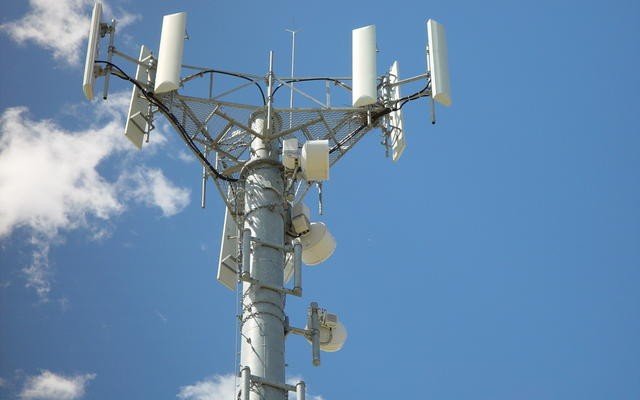
India has imposed anti-dumping duty on telecom equipment exported by some Chinese companies, including Huawei, ZTE, Alcatel’s Shanghai unit and ECI Telecom.
The BJP-led NDA government has said the quantum of duty that varies from 9.42 percent to 86.59 percent is aimed at protecting the domestic telecom industry.
“As far as Huawei China, ZTE China and Alcatel-Lucent Shanghai Bell (China) are concerned, there is continued dumping of the subject goods from these companies in the period of investigation,” said a notification issued by the finance ministry. “Dumped imports of telecom equipments were causing injury to the domestic industry in the period of investigation.”
Alcatel-Lucent is now part of Nokia.
The quantum of anti-dumping duty for Huawei is 37.73 percent.
In the case of HETC (China), however, the government found negligible dumping in the period of investigation. Therefore, no such duty was imposed. So was the case with ECI Telecom of Israel, the notification said.
For any other import from China of synchronous digital hierarchy transmission equipment, the anti-dumping duty is 86.59 percent.
The notification said: “The anti-dumping duty imposed under this notification shall be effective for a period of five years from the date of publication of this notification in the Official Gazette and shall be paid in Indian currency.”
Both Ericsson and Nokia, two leading telecom equipment suppliers, are not facing anti-dumping duty in India.
IANS
